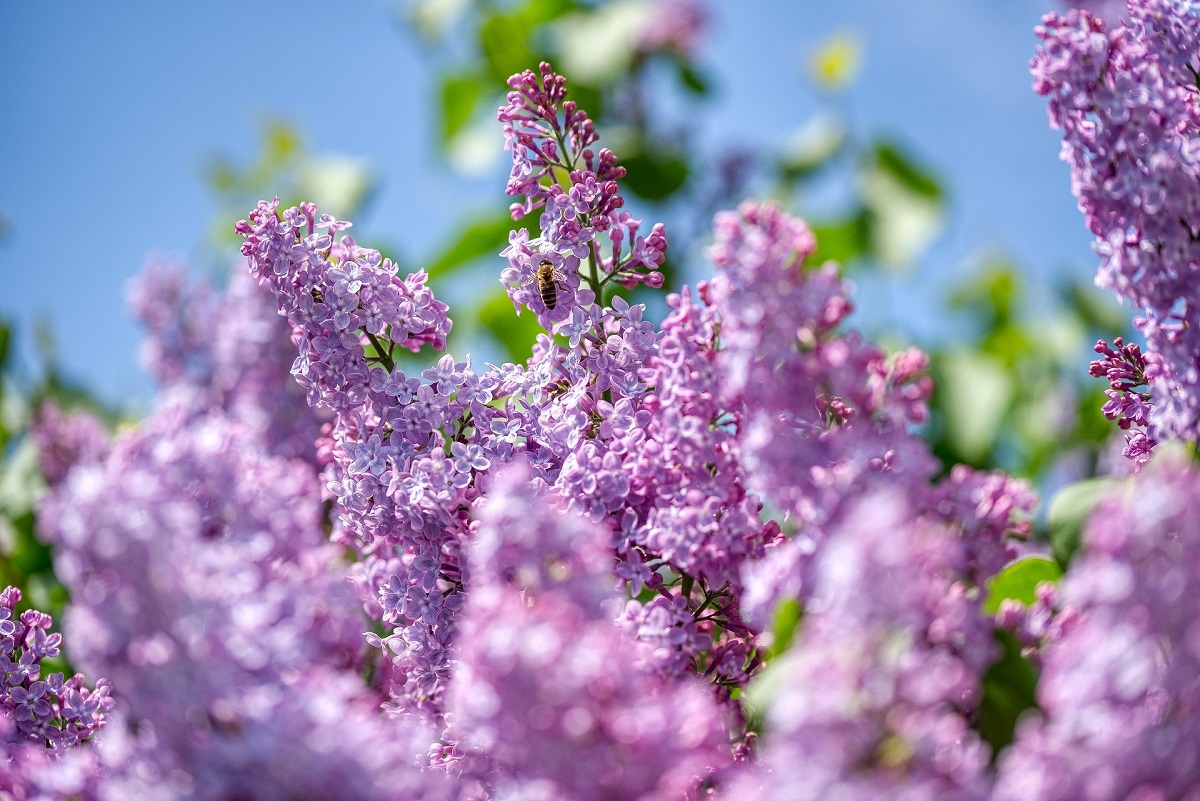
For most people there is a constant stream of thoughts running through their mind – jumping from one thought to another, conflicting thoughts happening at the same time, thoughts triggering emotions and emotions triggering thoughts in a vicious cycle that never ends.
This cycle of constant thoughts gives a certain flavour to how we feel our sense of self, but it can be difficult to comprehend its full impact without some kind of contrasting experience.
If you’ve ever lived close to a busy road where there’s a constant sound of traffic, you’ll know what I mean.
Noise Pollution.
At some point most people learn to live with the background noise and filter it out. But filtering it out and learning to live with it doesn’t mean your body and mind are not affected by it.
Although you may not consciously notice it, it still has an impact, and more research is now pointing to how such noise pollution is having a negative effect on our health. A study showed that exposure to long-term traffic noise increased risk of heart attack in people over 50. Other research links it to impaired sleep and a 25% more likelihood of having symptoms of depression than those living in quieter neighbourhoods.
If you live with constant traffic noise and you spend a night away somewhere quiet, perhaps closer to nature where there’s no traffic, the noise pollution you usually live with becomes very obvious because now, by contrast, it’s not there.
As your body relaxes and the quality of your sleep improves the effects on your body and mind also become clear in this quiet contrast.
This blog post is not intended to explore the negative effects of noise pollution from traffic or anything external to yourself. I use this example as a parallel, to help understand a different kind of noise pollution.
Noise pollution of your mind.
It’s a useful term when referring to the mind, because it effectively describes the impact of the constant stream of thoughts, emotions and dramas that continually occupy your mind.
Contrasts
The same principle can be applied to the mind. The constant flow of thoughts and emotions that run through your mind is noisy. But as long as you identify with the familiar “noise” in your head it won’t necessarily feel like noise, it will simply feel like yourself. The usual and familiar internal environment you live in.
We often don’t realize the heavy burden of our thoughts until by contrast we have an experience outside of it. When we learn to quiet the mind, we begin to see the noise of our thoughts for what it is – a layer of pollution that creates stress, anxiety, overwhelm and disconnects us from our heart.
A common experience in meditation is the sense of relief. This incredible relief when everything drops. The thoughts, emotions and the usual stories drop… and a sense of freedom emerges that’s so peaceful and nourishing it’s difficult to describe.
As the mind lets go and the nervous systems relaxes it can be a profound experience that’s felt throughout the whole body, and the connection between the body and mind is instantly taken out of the realm of theory and into your direct experience.
What becomes obvious in this experience, by contrast, is just how much your thoughts usually pollute your mind, which in turn impact your vitality.
Until experience this for yourself, it’s very difficult to truly comprehend how deeply your thoughts impact your health. Recognizing contrasting experiences allows you to gain a greater depth of self awareness and understanding.
You can read books and blogs or listen to talks as much as you like about the theory of meditation or mindfulness, or even the science behind it all, but none of it can give you the direct experience of this relief.
To understand it, and even more importantly, to achieve the benefits, at some point you have to experience it. Theory is interesting, but your experiences bring it to life.
So, what can you do now to recognize and find your way beyond the pollution of your mind?
Meditate
The ability to quiet your mind ultimately impacts all aspects of your life. Can you think of one situation in your life where having a clear calm mind would not be useful?
Meditation is a training for your mind. It provides an effective way to overcome stress, anxiety, overwhelm and emotional reactivity – the source of the inner noise pollution.
If you’re new to meditation, one of the first things you might notice is just how noisy your mind is. Don’t let this discourage you! You’re simply seeing the current state of your mind for what it is.
Practice consistently and you will see results.
If you never learn to quiet your mind, it will always be polluted with noise.
Spend time in nature
Nature has a natural calming effect, and the more time you spend there the more your nervous systems relaxes… and you feel it!

Pay attention to how you feel before you enter a nature. Notice how you feel differently both during and afterwards.
By feeling these contrasting experiences, you gain a greater understanding of yourself.
You may notice your mind becomes quieter, but you may notice that at first your thoughts feel more alive and busy. Resist the temptation to judge yourself, just notice what you notice. Being in the quiet of nature removes the external noise, leaving you with the internal noise of your own mind.
I recommend trying to do this without listening to music. Just you and nature. I have nothing against music, but this is a practice to cultivate a deeper understanding of your mind.
As you walk or sit, simply be aware of your body and the stillness and vitality of nature. Let your body and mind learn from nature.
I say “learn” but when you really feel it, it often feels more like a remembering than a learning.
…
To get started with meditation and learn the Peacekeeper Project’s Heart Space Meditation, you can gain access to a Free Course here.
If you’re serious about living life from the heart and ready to dive in, then Finding Stillness is a comprehensive meditation and mindfulness course that will teach you how to quiet your mind so you can live from the heart.
I invite you to join the community, by joining the Facebook Group, or sign up for our newsletter to receive unique perspectives, useful tips for meditation and mindfulness, and updates for classes, courses and events.



